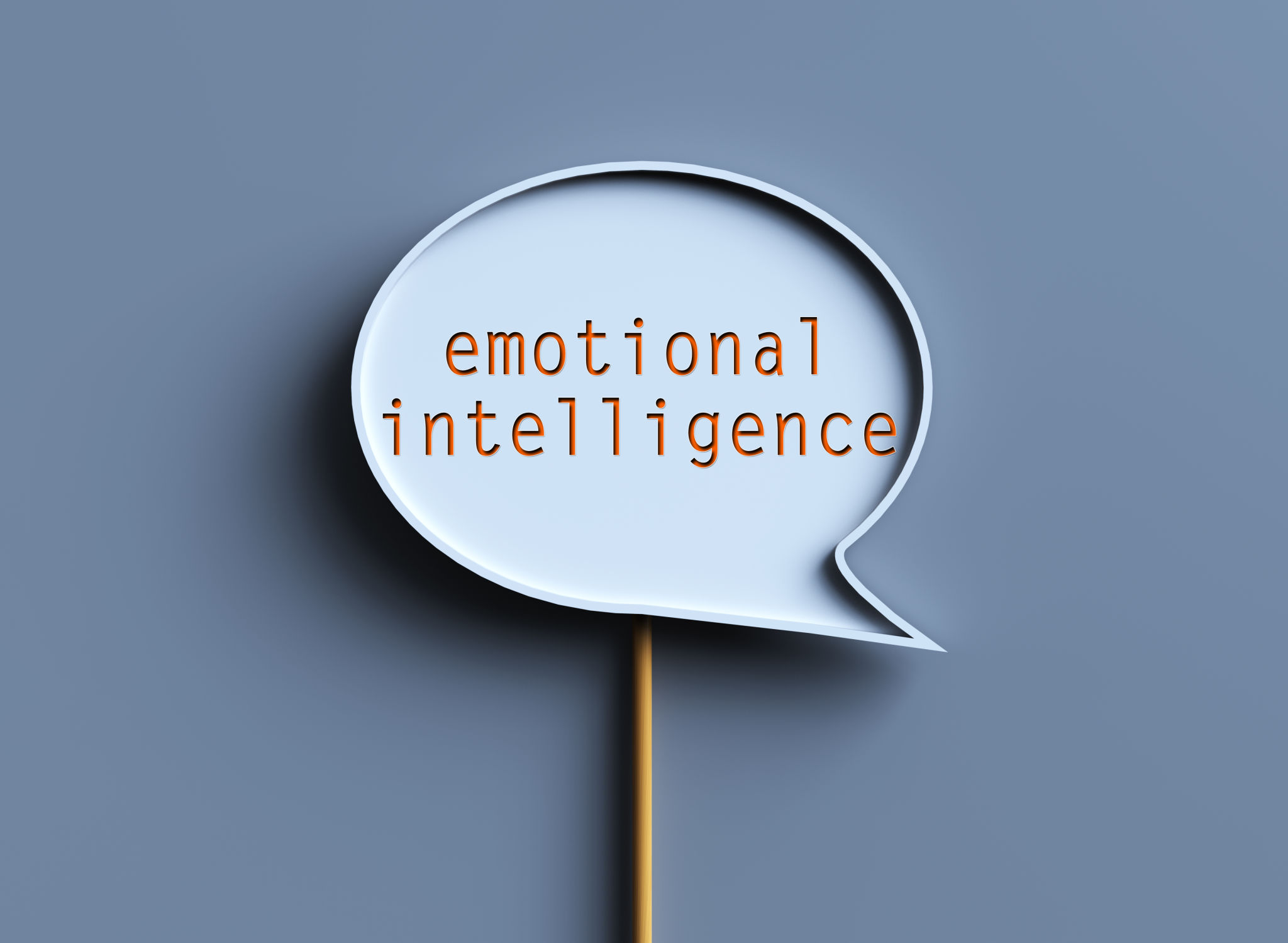The Role of Emotional Intelligence in Life Coaching Success
Understanding Emotional Intelligence
Emotional intelligence (EI) is the ability to identify, understand, and manage emotions in oneself and others. It plays a crucial role in personal and professional relationships, particularly in the realm of life coaching. As life coaching involves guiding clients through personal growth and challenges, coaches with high emotional intelligence are often more successful in facilitating meaningful change.

The Components of Emotional Intelligence
Emotional intelligence is typically broken down into five key components: self-awareness, self-regulation, motivation, empathy, and social skills. These components work together to help individuals navigate complex emotional landscapes effectively.
Self-awareness allows life coaches to understand their own emotions, which is essential for maintaining objectivity and offering unbiased support. Self-regulation helps coaches manage their reactions and maintain a calm demeanor, even in challenging situations.
Empathy and Client Connection
Empathy, a crucial aspect of emotional intelligence, enables life coaches to connect with clients on a deeper level. By understanding and sharing the feelings of others, coaches can build trust and rapport, creating a safe space for clients to explore their thoughts and emotions.

When clients feel heard and understood, they are more likely to open up and engage in the coaching process. This connection is vital for fostering growth and facilitating positive change.
Enhancing Communication Skills
Strong communication skills are essential for life coaching success. Coaches with high emotional intelligence can adapt their communication style to suit individual clients, ensuring messages are conveyed clearly and effectively. This adaptability helps avoid misunderstandings and fosters productive conversations.
By leveraging social skills, life coaches can navigate difficult topics with sensitivity and tact. These skills enable coaches to guide clients through challenging discussions while maintaining a supportive environment.
The Impact of Emotional Intelligence on Coaching Outcomes
Studies have shown that life coaches with high emotional intelligence tend to achieve better outcomes for their clients. By demonstrating empathy, self-awareness, and strong communication skills, these coaches help clients achieve personal growth more effectively.

Clients often feel more motivated and empowered when working with emotionally intelligent coaches, as they feel supported and understood throughout the process.
Developing Emotional Intelligence in Life Coaching
Life coaches can enhance their emotional intelligence through ongoing self-reflection and training. Engaging in activities such as mindfulness meditation, attending workshops, and seeking feedback can help coaches develop greater self-awareness and empathy.
Additionally, life coaches should prioritize their own emotional well-being to ensure they can effectively support their clients. By practicing self-care and maintaining a healthy work-life balance, coaches can remain present and focused during sessions.
The Future of Emotional Intelligence in Life Coaching
As the field of life coaching continues to evolve, the importance of emotional intelligence is increasingly recognized. Clients seek coaches who not only possess technical knowledge but also demonstrate emotional insight and understanding.

Emotional intelligence will remain a key differentiator for successful life coaches, shaping the future of the industry by fostering deeper connections and promoting lasting change. By honing their emotional intelligence skills, coaches can enhance their impact and help clients achieve their full potential.
